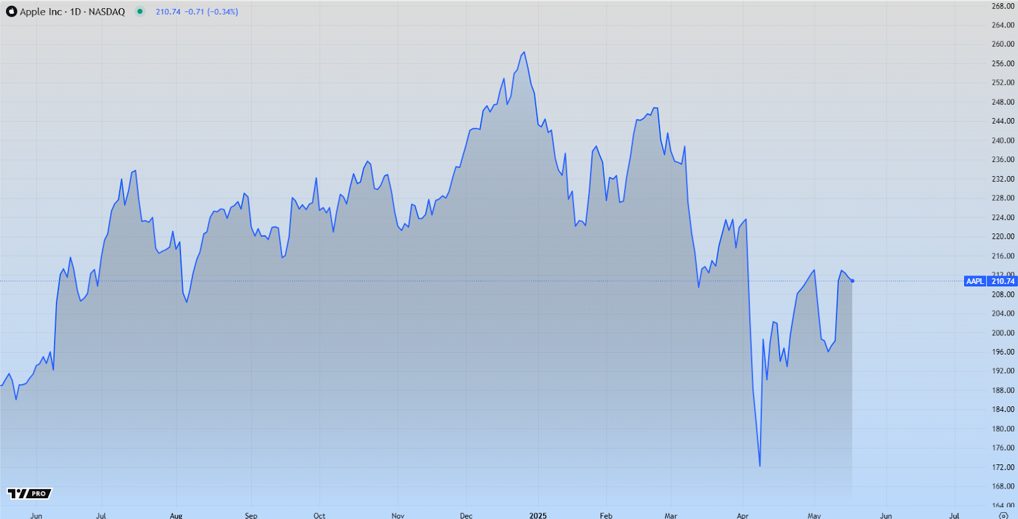Motherhood can be a taxing journey for your body. It is during pregnancy that your body needs all the nutrition it can get, to nurture and care for the little life growing within you. You may have never taken any nutritional supplements before, and a well balanced diet might have sufficed for your nutritional needs before, but now it’s not just you. Your baby receives his/her nutrition from you, so you will need much more nutrition than you did before.
Prenatal vitamins are especially formulated for expectant mothers, and contain many important minerals which your body needs during this time. Folic acid, iron, iodine, calcium, vitamin D and vitamin E supplements are required by the body to provide the nutritional support for the growing baby and cover any nutritional gaps within the mother’s diet. While these are prenatal supplements, mothers also need postnatal supplements to support their body post the delivery. Pregnacare breastfeeding is a wholesome supplement enriched with all the required essential vitamins and minerals, and helps replace these depleted nutrients.

So what are these nutrients which are essential for the mother during pregnancy? These are:
- Vitamin D: Vitamin D helps the body absorb calcium, and it also helps the nerves, the immune system and the muscles in body to function properly. The baby needs vitamin D to help the bones and teeth grow. While vitamin D is made in the body when the skin is exposed to sunlight, apart from this, there are several natural sources of vitamin D, such as milk, fortified cereals and salmon.
- Iron: A mineral used by the body to make haemoglobin, twice as much iron is required by the body during pregnancy. While most prenatal vitamins also contain the daily recommended amounts of iron for pregnant women, this mineral must also be taken in the diet in its natural forms, such as green leafy vegetables, lean meat, poultry, seafood, beans and nuts.
- DHA: Short for Docosahexaenoic Acid, DHA is an omega 3 fatty acid which helps in the baby’s growth and development. DHA is not found in most prenatal multivitamin supplements, so you would have to include it in your diet to meet your daily requirements. Fish like herring, salmon, trout, anchovies, halibut; milk, eggs and orange juice have good amounts of DHA.
- Calcium: Calcium is the mineral which helps the baby’s bones, teeth, heart, muscles and nerves to develop. During pregnancy, the required amount of calcium is 1000mg per day. This can be taken as a prenatal vitamin, or by including milk, cheese, yoghurt, broccoli and kale into your diet.
- Folic Acid: Folic acid helps prevent neural tube birth defects, which affect the brain and the spinal cord; and this defect develops within the first 28 days after conception. Therefore, even women who are trying to conceive, require to have sufficient amounts of folic acid. Foods which contain folic acid are citrus fruits, nuts, green leafy vegetables and foods fortified with folic acid.
While these are most of the essential nutrients required by expectant mothers during pregnancy, it is strongly recommended that you must consult your obstetrician before starting any supplements.







